Iqbal Siddiqui Reviews: ‘The Last Earth’ by Palestinian-American Writer Ramzy Baroud
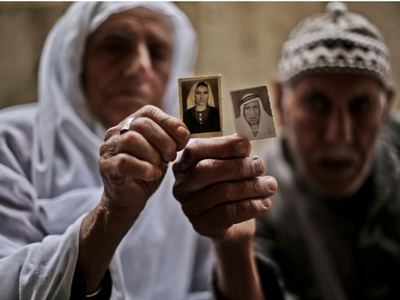
Umm Marwan al-Assar, one of the heroes in Ramzy Baroud's latest book. (Photo: Mohammed Asad)
Iqbal Siddiqui reviews “The Last Earth” by the Palestinian-American writer Ramzy Baroud, who tells the story of modern Palestine through the memories of those who have lived it. Baroud draws on dozens of interviews to produce vivid and intimate accounts of Palestinian lives – in villages, refugee camps, prisons and cities, in the lands of their ancestors and in exile.
The Palestinian conflict has become a constant in the landscape of contemporary history, a permanent feature of the political backdrop while more immediate stories, no less tragic, take their turns in the foreground.
The major elements of the Palestinian story – the occupation, the wars, the uprisings, the peace process, the status of Jerusalem, the aggressive settlements, the question of statehood, the PA-Hamas split, the siege of Gaza – are well established.
Sometimes, picking up an article on Palestine, it can be difficult knowing whether it was written this year, last year, five years ago, in the last decade, or even in the last century. Only the names of people and places, and finer political details, seem to change from year to year.
The same is true of pro-Palestinian activism around the world. Many are the aging activists whose children and even grandchildren are now facing the same issues on campuses, and raising the same slogans in protests, that they themselves did generations earlier.
And with so many other tragedies around the world, and newer, more immediate political issues to protest, it is little wonder that the very ubiquity of the Palestinian struggle can numb peoples’ awareness of it.
Real life experiences
It is in this environment that Ramzy Baroud’s latest book, The Last Earth: A Palestinian Story, is like a sobering reminder of what the struggle is really all about – not just nationalism or politics, not just identity or religion, not just political bargaining or humanitarian do-gooding, but the real, day-to-day, year-to-year, generation-to-generation experiences, not just of “a people,” but of millions of people.
– Click here to read more ..



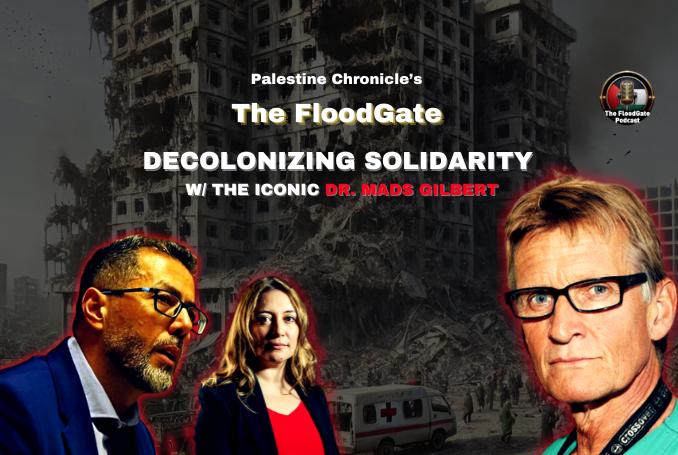












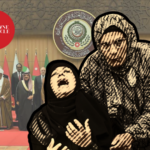

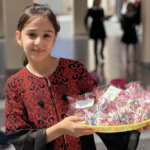
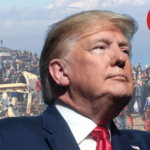
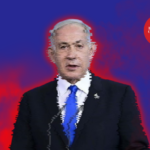
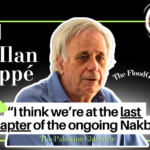
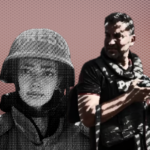
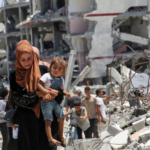

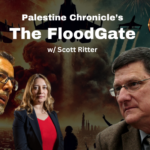









0 Comments